|
The death of former Zimbabwean strongman Robert Mugabe provides a moment to reflect on leadership succession in the last three countries to achieve independence and black majority rule in southern Africa: Zimbabwe, Namibia and South Africa. Henning Melber sets out how in all three countries – which remain led by liberation struggle heroes decades after the end of white minority rule – young people and women have hardly made significant inroads into the meritocratic, male-dominated core structures of power.
For the past few months the world has watched, aghast, as fires have swept large swathes of the Amazon. Detractors have laid the blame for these fires squarely at the feet of Brazil's President Jair Bolsonaro. Many of the fires have been set by farmers, who support Bolsanaro, to clear rainforest for cattle grazing. Some have suggested that what's happening in the Amazon amounts to a crime against humanity. Tara Smith unpacks the legal issues at play when declaring any action a crime against humanity.
|
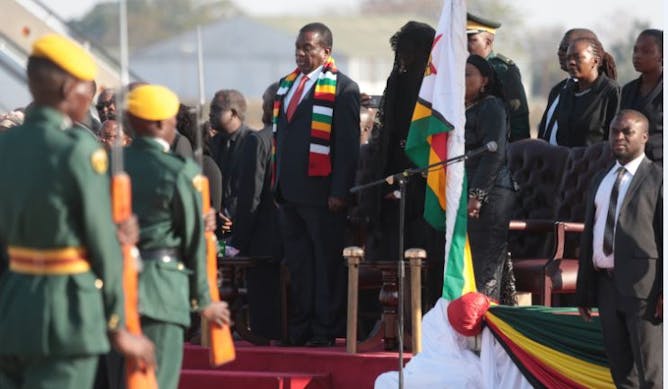
Zimbabwean President Emmerson Mnangagwa at the funeral of his predecessor, Robert Mugabe.
EPA-EFE/Aaron Ufumeli
Henning Melber, University of Pretoria
It remains to be seen how much longer the 'old men syndrome' will persist in Zimbabwe, Namibia and South Africa, despite growing frustration among the politically powerless.
|
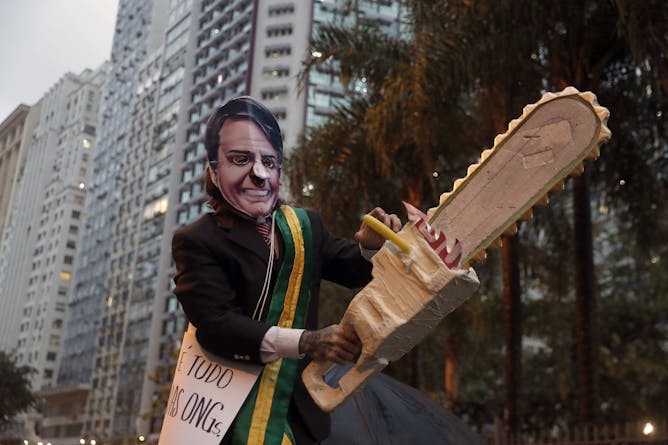
A protestor dresses as Jair Bolsonaro on Amazon Day in Rio de Janeiro, September 5 2019.
EPA-EFE/MARCELO SAYAO
Tara Smith, Bangor University
Destroying the Amazon rainforest will accelerate climate change, harming millions. Can those responsible be prosecuted?
|
Politics + Society
|
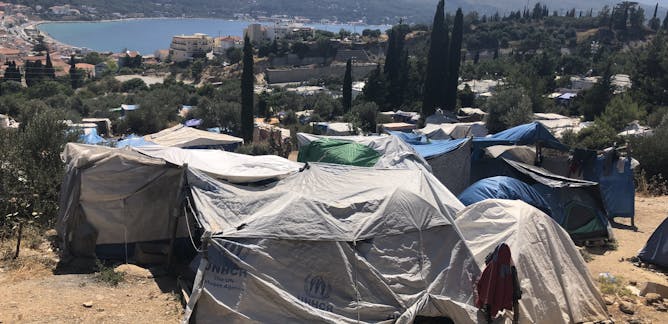
Gemma Bird, University of Liverpool
The new Greek government is putting in place new measures to stop the flow of refugees crossing the Aegan Sea.
| |

Nedine Moonsamy, University of Pretoria
Science fiction writing often serves as a thought experiment that explores shared and hidden beliefs whose material and political reverberations lie further in the future.
|
|
|
Environment + Energy
|
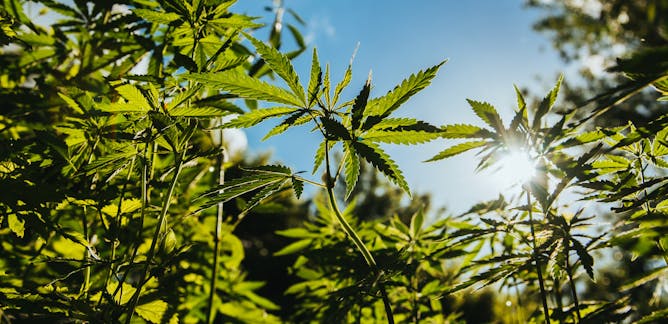
Sebastian Leuzinger, Auckland University of Technology
Planting any tree is more important than planting a particular tree when it comes to removing carbon dioxide from the atmosphere.
| |
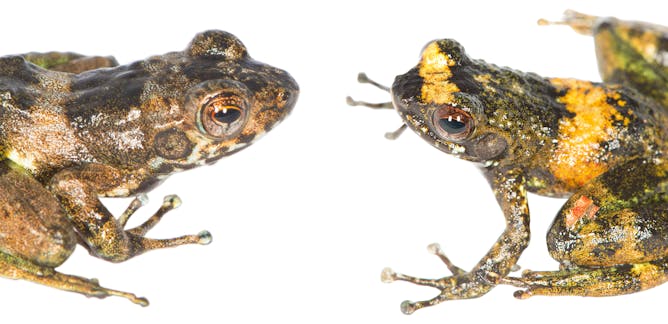
Mark D. Scherz, Technical University Braunschweig
The Red List ranks species based on how threatened they are. But it can be inaccurate.
|
|
|
En français
|
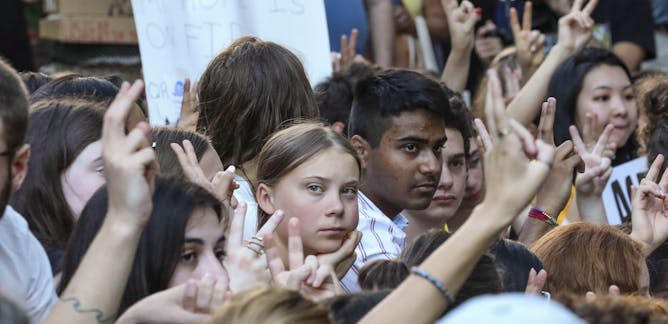
Chantal Pouliot, Université Laval; Audrey Groleau, Université du Québec à Trois-Rivières (UQTR); Isabelle Arseneau, Université Laval
Les citoyens détiennent des savoirs pertinents et sont capables de saisir les enjeux complexes des questions socialement et scientifiquement vives, dont les changements climatiques.
| |
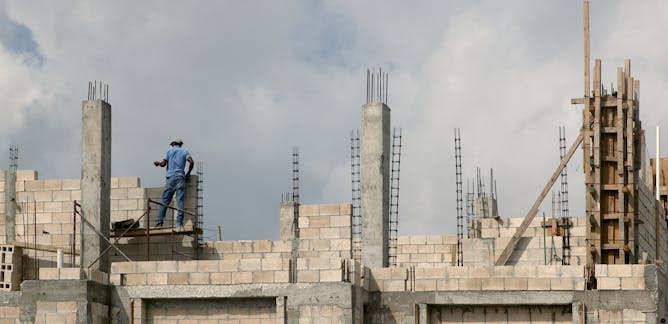
Olivier Lamotte, École de Management de Normandie – UGEI; Ana Colovic, Neoma Business School; Octavio Escobar, PSB Paris School of Business – UGEI; Pierre-Xavier Meschi, IAE Aix-Marseille Graduate School of Management – Aix-Marseille Université
Le cas du Mexique nous enseigne que les multinationales sont de plus en plus vigilantes mais que leurs activités encouragent les violations dans les entreprises locales.
|
|
|